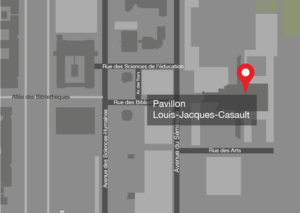Mohsen Hassanzadeh Shahraji
Candidat au doctorat
Systèmes LiDAR mobiles | Calibration automatique | in situ
Projet de recherche
Méthodes de calibrage à partir de données in situ, avec sélection automatique de données en recouvrement et selon des critères d'observabilité de chaque paramètre de calibrage
The Mobile LiDAR System (MLS) has gained a lot of popularities among geomatics community in the recent years. The main reason for such approval, is the capability of the system to collect millions of geo-referenced points in a short amount of time. Besides, the MLS can be mounted on various platforms such as vehicle, boat, drone and UAV.
On the other hand, the system in comparison with conventional aerial photogrammetric data capturing device is less stable. One of the reason for the unpredictable behavior of MLS is its unstable platforms. The other reason is the side effects that direct geo-referencing causes. To generate geo-referenced point clouds, the MLS requires a laser sensor, a GNSS receiver and also, an IMU to calculate the position and the attitude of the platform, respectively. These three components must be synchronized and well-integrated.
However, in reality there always exists a little bit of discordance between these sensors which results in the misalignment of the point cloud data. Consequently, a calibration process must be carried out on the raw captured point clouds to minimize the displacement among points, especially on the overlapped point clouds.
The aim of this thesis is to present an automatic calibration method that applies selected portions of in-situ data; i.e. natural slopes and cliffs modelled as small planes and cylinders, for estimation of calibration parameters; boresight angles, lever arms and latency of the MLS. The method must be applicable for both land and marine platforms. Meanwhile, the morphology of the terrain, surveying conditions and other systematic errors must be taken into consideration in the development of the calibration approach. A software will be developed in the course of the project that includes the different parts of the proposed calibration technique.
Direction: Christian Larouche
Codirection : Nicolas Seube





